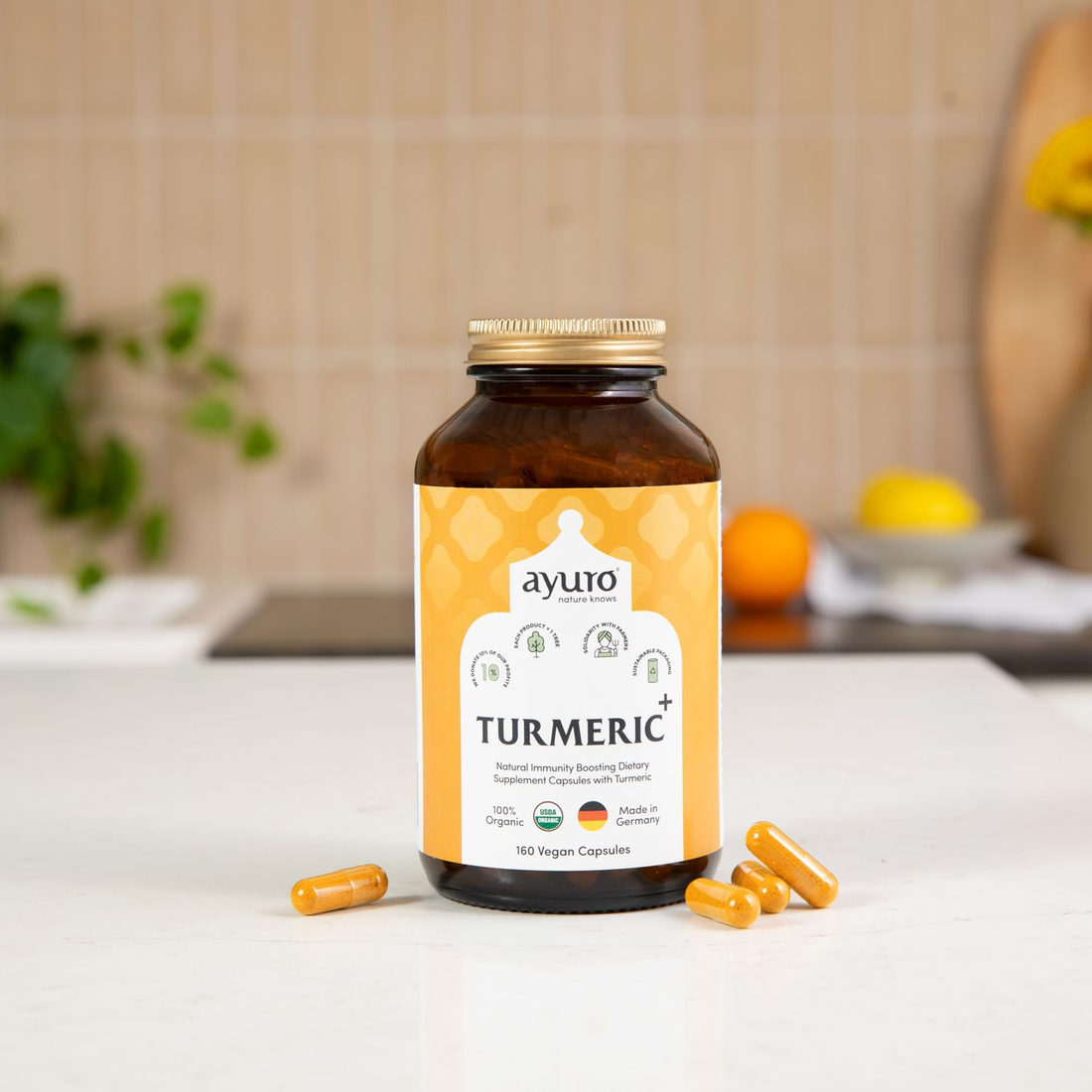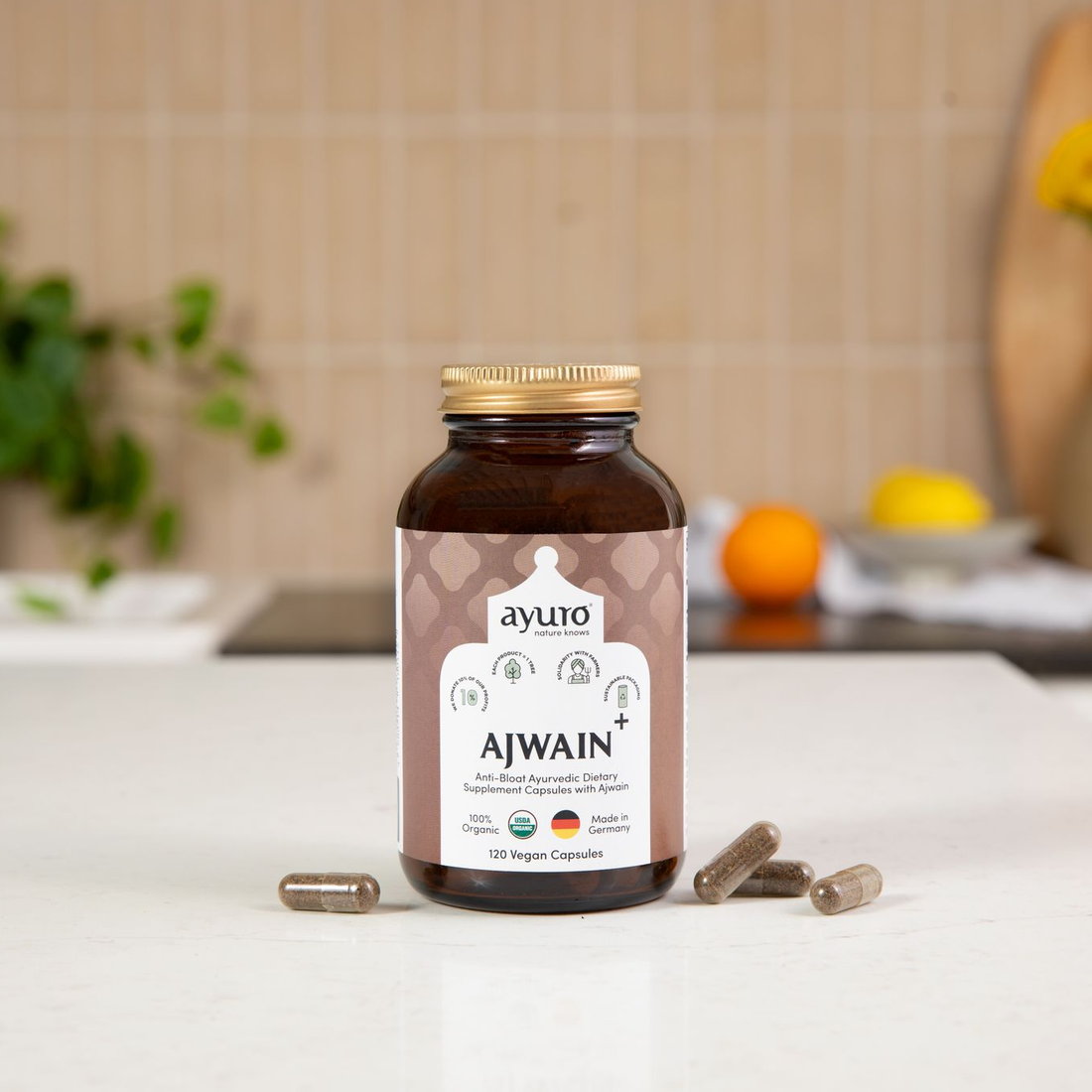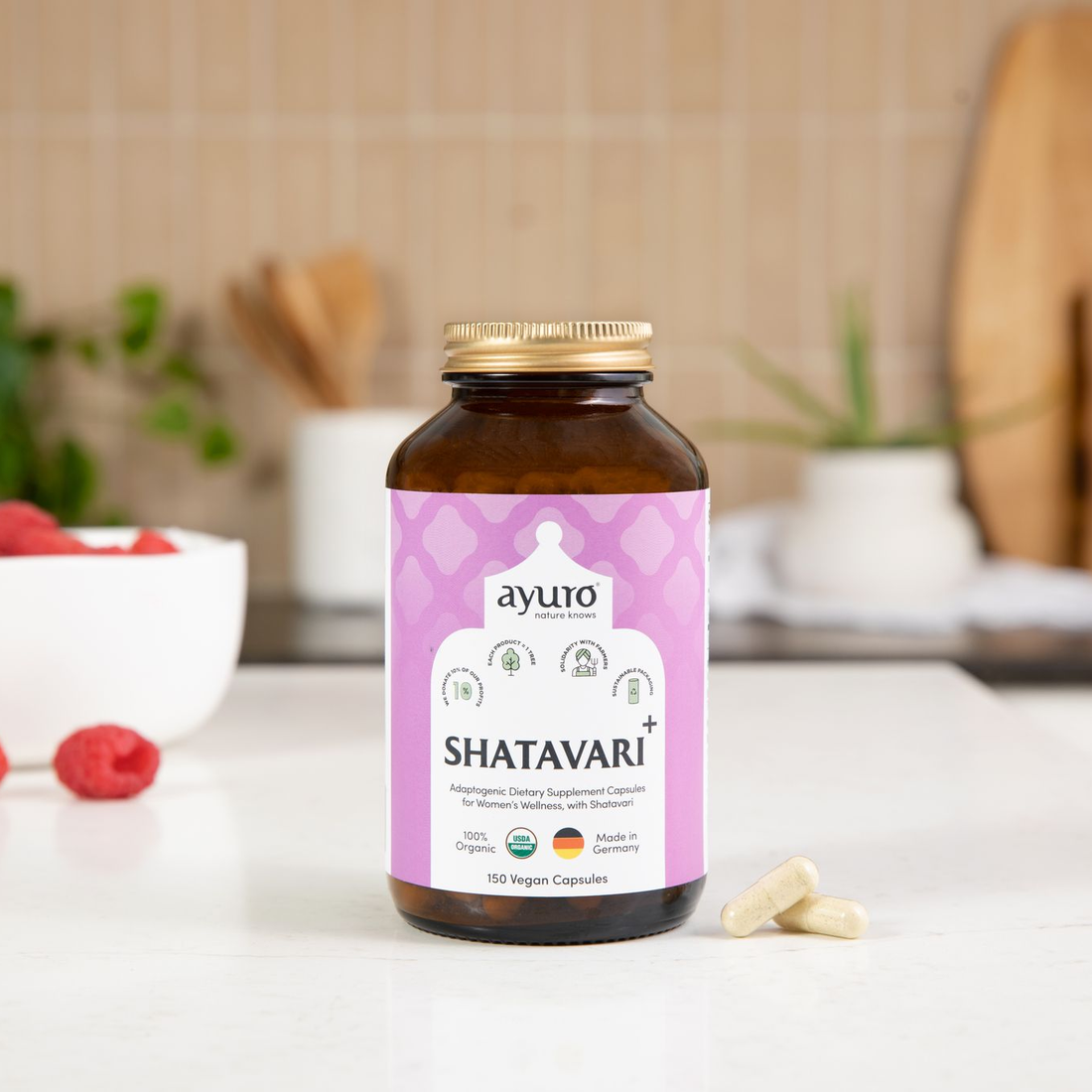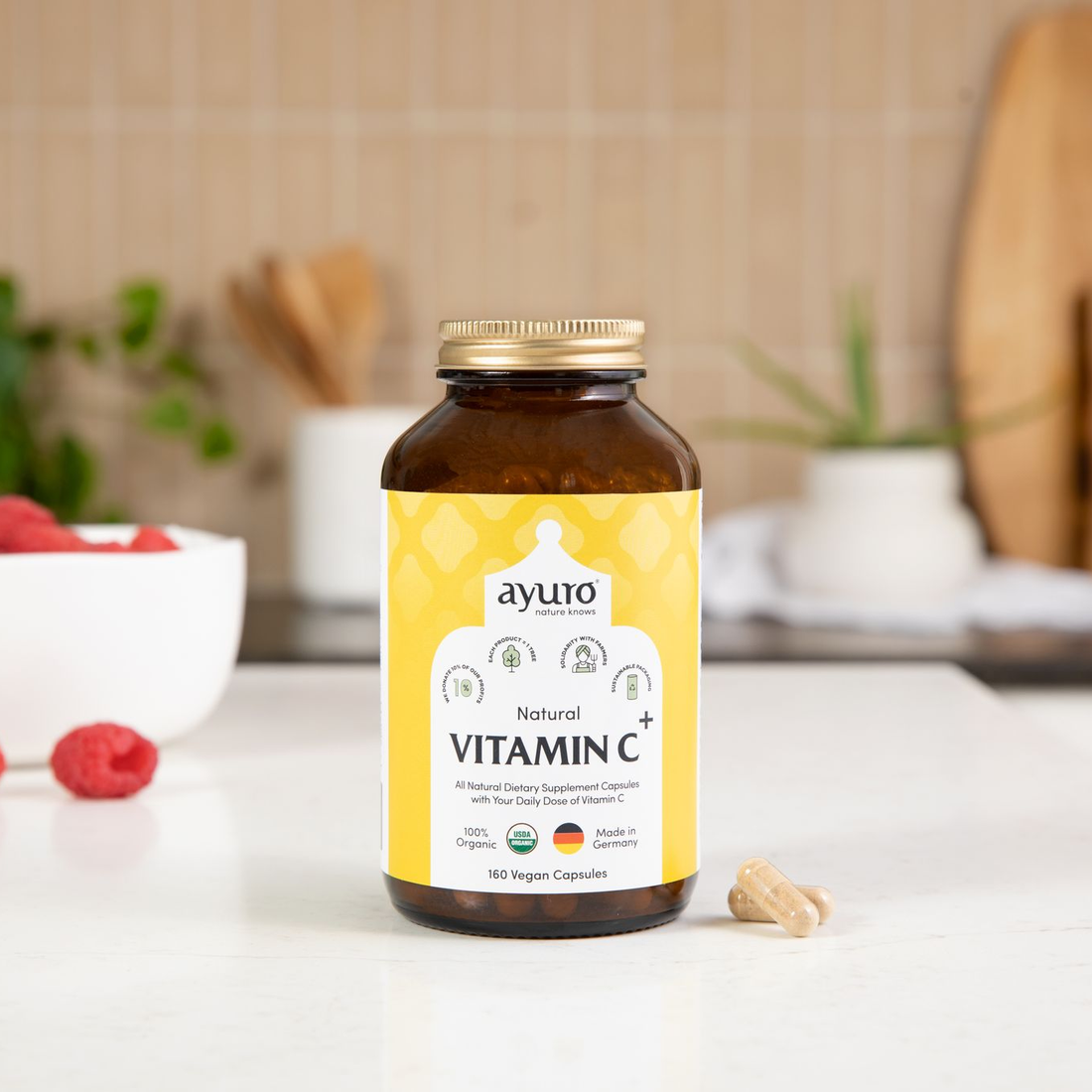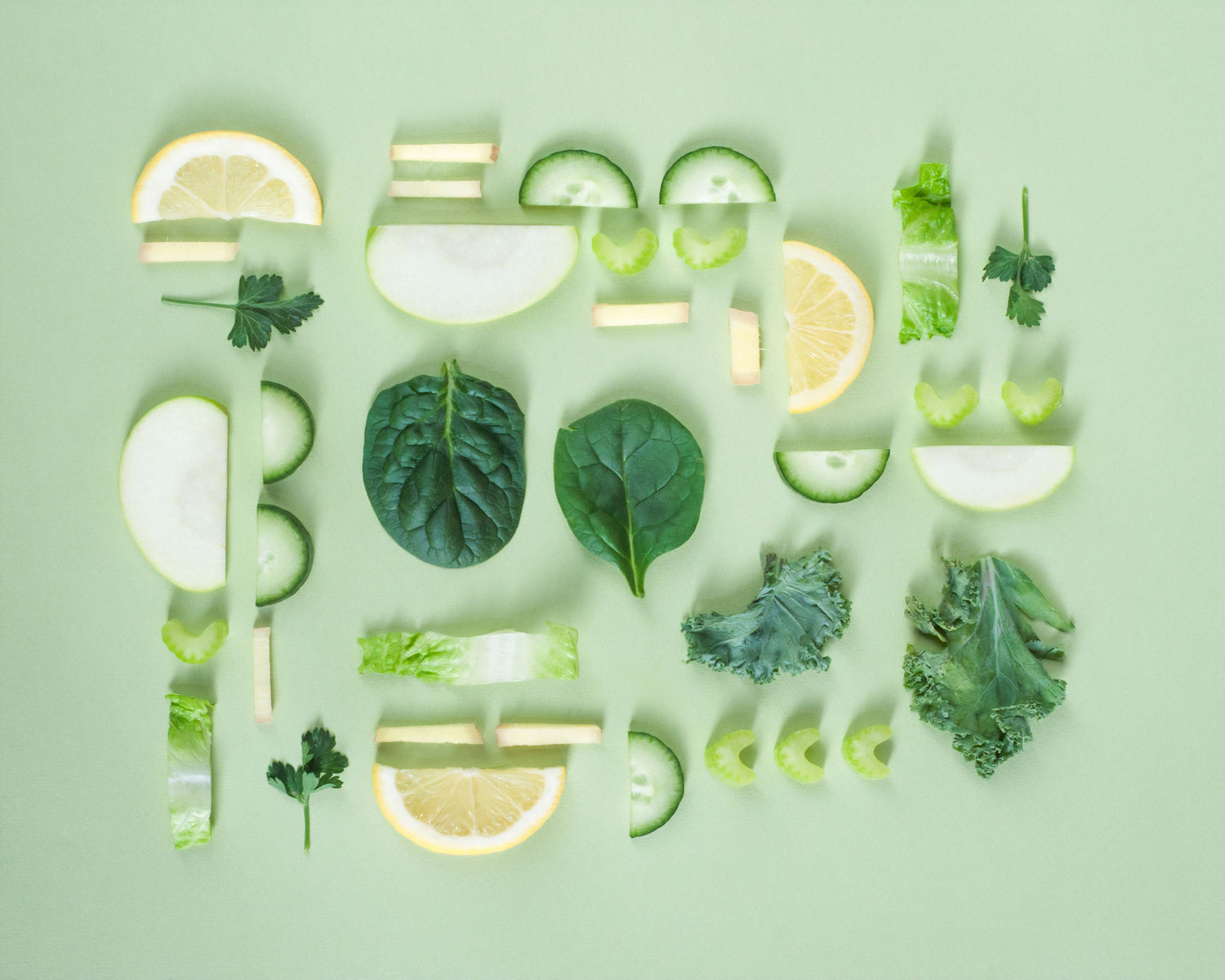Until at least the 1990s, advertising led health-conscious people to believe that margarine is part of a healthy diet. Most of us now know that it's not true, but it was a trend that many believed for decades. Thankfully, trends come and go, but it can be challenging to distinguish between health trends and what's truly healthy.
This article explores what eating for health means and provides guidelines on using food as medicine.
What Is Healthy Eating?
A balanced diet with a high nutritional value is the foundation of good health. A healthy diet is not changing what you eat temporarily for weight loss. It's not about strict limitations, and there's no need to stop eating certain foods you love or to feel hungry (ever!) It's a lifestyle change that includes healing foods that make you feel great while stabilizing your blood sugar and energy levels.
Healthy eating should be simple. All the conflicting nutrition advice out there makes it seem complex, but it's really not. The cornerstone of creating healthy meals is avoiding processed foods and having real food, like fruit, vegetables, healthy fats, and lean proteins.
If you still need to figure it out, this simple guide will help you to turn a healthy eating plan into a sustainable lifestyle change.
Processed Foods vs. Real Foods
Processed food is anything that has gone through processing that strips it of vitamins and minerals. It includes:
-
Canned goods like soups, sauces, and fruit.
-
Packaged snacks like crackers, pretzels, and chips.
-
Mass-produced baked goods like cakes, muffins, and white bread.
-
Ready-to-eat, frozen meals.
-
Cereal bars and breakfast cereals.
-
Deli meats, sausages, canned meats, and hot dogs.
-
Sugary drinks and fruit juices that contain added sugars.
-
Fast foods like burgers, fries, and chicken nuggets.
-
Packaged desserts like ice cream and puddings.
-
Processed cheese slices, spreads, and dips.
-
Condiments like mayonnaise, BBQ sauce, and ketchup.
-
Instant coffee, soup, noodles, and oatmeal.
-
Bottled or canned sauces.
-
Flavored yogurts with added sugars.
These products contain unhealthy ingredients like refined grains, unhealthy fats, processed sugar, and chemicals like additives, preservatives, and flavor enhancers.
Real food is whole, unprocessed, or minimally processed. It's foods that are as close to their natural state as possible and don't contain added sugar, unhealthy fats, refined grains, additives, preservatives, and artificial ingredients. Real foods include:
-
Fresh fruit and veggies.
-
Calcium-rich foods like leafy greens, garbanzo beans, figs, and broccoli.
-
Whole grains like oats, barley, and quinoa.
-
Lean animal proteins like poultry, fish, and eggs and plant-based proteins like nuts and beans.
-
Raw or dry-roasted nuts and seeds without added sugars, oils, or seasoning.
-
Healthy fats like avocado, olive oil, oily fish, coconut oil, sunflower seeds, and nut butters.
-
Herbs and sprouts.
You can promote healing by including foods as close to nature as possible in your diet. It can help you avoid severe health problems like heart disease.
The Implications Of Eating Unhealthy Foods

There is nothing wrong with the occasional treat, but eating unhealthy over the long term can significantly impact your health and mental well-being. Here are some of the key implications of eating unhealthy and processed food:
Weight gain - Even if it has fewer calories, processed food contains unhealthy fats, added sugar, and refined grains which can cause you to gain weight and lead to obesity. Obesity can cause significant health problems like diabetes, heart disease, and cancer.
Heart disease - The high levels of unhealthy fats like trans and saturated fats and processed sugar contribute to inflammation, high blood pressure, and elevated cholesterol levels. These factors increase the risk of heart disease.
Type 2 diabetes - Sugary foods and beverages can cause insulin resistance, eventually leading to type 2 diabetes.
Cancer - Research has shown that some preservatives and additives in processed food can cause an increased risk of cancer.
Digestive problems - Processed food items usually lack dietary fiber, essential for gut health and proper digestion.
Nutritional deficiencies - Processed food generally lack vitamins, minerals, and antioxidants, all essential nutrients.
Inflammation - The high content of unhealthy fats, additives, and sugar can cause inflammation causing various health issues, including heart disease and autoimmune diseases.
Mental health problems - Research has revealed a connection between a healthy diet and mental health. Sugary foods and unhealthy fats can cause anxiety and depression, while a healthy diet rich in whole foods, healthy fats, fruits, and vegetables is associated with improved mental health.
Dental problems - Because processed food can be high in sugar, a lot of it in your diet it can cause tooth decay and gum disease.
These are only some of the many problems processed foods can cause for your health. You boost your nutrients to avoid these health problems by including real, nutrient-dense food in your daily diet.
Here are three ways to turn the food you eat into medicine:
1. Look After Your Gut Health: True Health Begins In The Gut
Your gut contains organs that make up your digestive tract and your gut microbiome - an intricate ecosystem of microorganisms that play a vital role in overall health. It influences nutrient absorption, digestion, and immune system function.
A well-balanced gut microbiome contributes to better metabolism, reduced inflammation, and optimal mental health. Processed and unhealthy foods burden the gut and cause digestive and health problems. To improve your gut health, eat a healthy diet of whole foods rich in fiber, prebiotics, and probiotics to cultivate an environment where beneficial bacteria thrive and foster efficient digestion and resilience against chronic disease.
Prebiotics are undigestible natural fibers that feed healthy bacteria in your gut. You'll find them in bananas, apples, asparagus, barley, chickpeas, lentils, dandelion greens, flax seeds, oats, onions, and garlic. Probiotics contain live bacteria that improve gut microbiome health. They are found in fermented foods like yogurt, sauerkraut, kimchi, kombucha, kefir, and miso.
Including prebiotic and probiotic foods in your diet will support the growth of beneficial gut bacteria, improving gut health. In addition to including these healing foods in your diet, it's important to eat meals that contain a range of vegetables.
2. Eat The Rainbow: A Healthy Diet Is Colorful

Eating at least two cups of fruits and veggies in a rainbow of beautiful colors daily is vital for enough vitamins, minerals, and antioxidants in your diet. Each color has its own range of vitamins and minerals, and our bodies need all of them, so make sure you include all the colors every week. Here's what the colors of fruits and veggies in your diet can do:
Green
Dark greens contain cancer-fighting chemicals like lutein, allyl sulfides, and indoles. They also contain folate, which promotes cell health, and calcium for bone health. You can reap the benefits of green vegetables by including spinach, kale, broccoli, and Brussels sprouts in your diet. Green herbs, kiwi, and green tea do the same job.
Blue and purple
Packed with anthocyanins, blue and purple fruits and veggies wipe out free radicals, reduce inflammation, and boost brain health. The resveratrol in blue and purple foods helps prevent cellular aging and reduce the risk of heart disease. Enjoy a few servings of eggplant, purple cabbage, blueberries, figs, plums, and elderberries every week to get all this goodness in.
Red
Red foods contain lycopene which can help fight free radicals that damage genes and cause cancer. These potent foods can boost brain, bone, eye, and heart health and reduce the risk of chronic disease, including cancer. Red fruits and vegetables include beets, cherries, raspberries, tomatoes, and red bell peppers.
Yellow and orange
The vitamin C, carotenoids, and hesperidin in yellow and orange foods reduce inflammation, improve heart health, boost the immune system, and help detoxify your body. Yellow bell peppers, bananas, mango, carrots, cantaloupe, pineapple, sweet potatoes, tangerines, and oranges
White and brown
Foods in this group include the onion family, which contains beta glucans and allicin that help lower cholesterol and have anti-tumor properties. Other white and brown foods contain potassium and flavonoids like kaempferol and quercetin, which can help regulate blood pressure and help boost digestive function. Choose cauliflower, mushrooms, onions, leeks, parsnips, whole grains, and nuts to enjoy the healthy goodness of this group of foods.
3. Shop Locally: It's Healthier For You And The Earth
Shopping for fresh, whole foods grown locally offers various health benefits beyond just the plate. When you choose locally sourced fruits and veggies, you enjoy more nutrient-rich options harvested at the peak of their flavor and nutritional content. Local produce requires less transportation time, reducing the need for additives, preservatives, and long refrigeration times. It results in foods that are closer to their natural states.
Supporting local farmers creates a sense of community, fosters local economies, and encourages sustainable, organic farming practices. By considering our overall health and the health of our communities and environment, shopping locally is a holistic choice.
Make Eating Healthy A Priority

Healthy eating is about finding balance. Enjoying comfort foods occasionally is okay, but ensure that most foods in your diet support healing. If you have decided to use the healing power of food with a healthier diet, remember that it's only part of a healthier lifestyle that includes physical activity and mental and emotional stimulation. Yoga and meditation are excellent options to consider on your road to better health.
If you need to supplement your diet, only use the best supplements from a premium brand like AYURO. Whether you want help with overall health, fitness, immunity, mental wellness, or feminine health, you'll find quality supplements here at AYURO.



